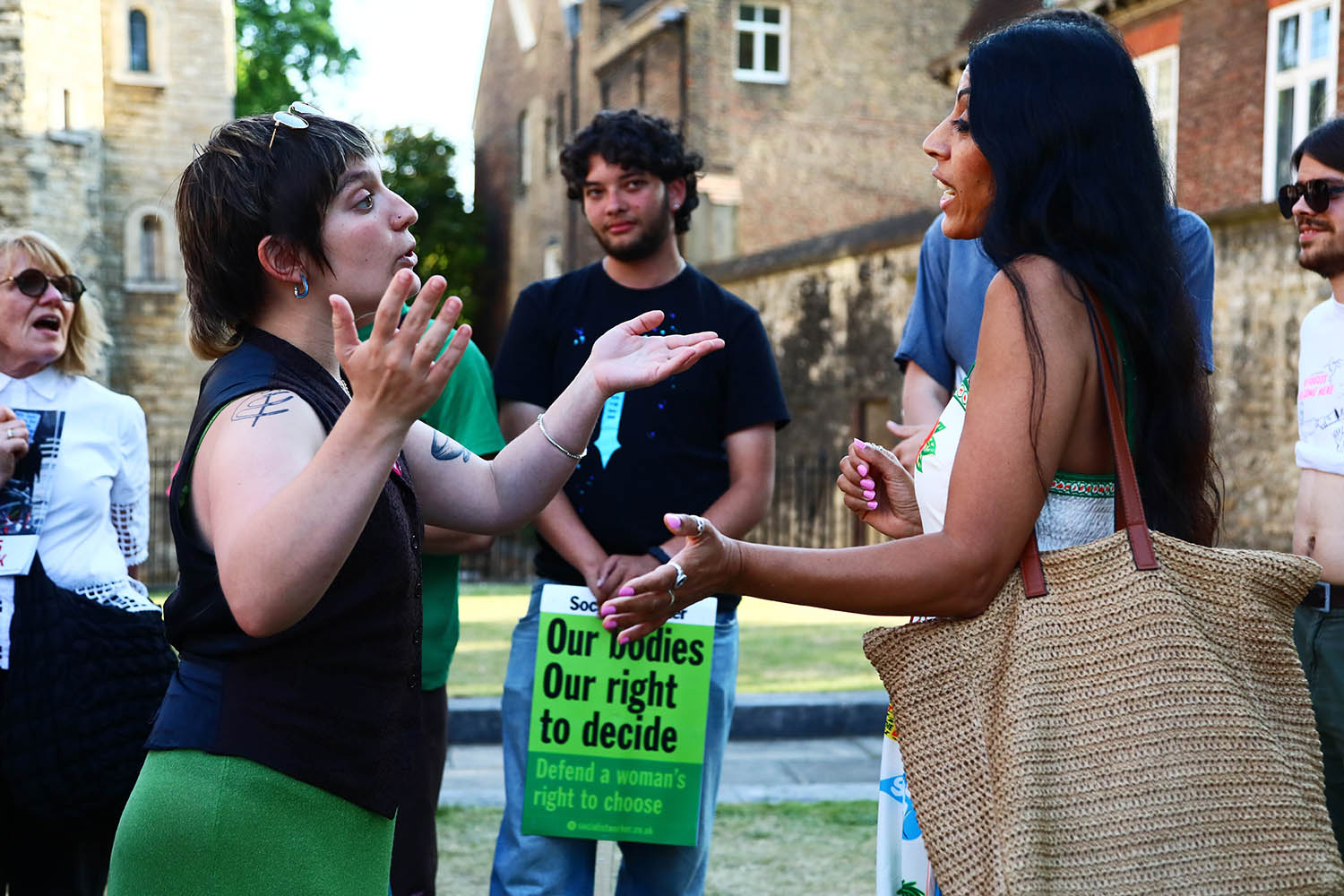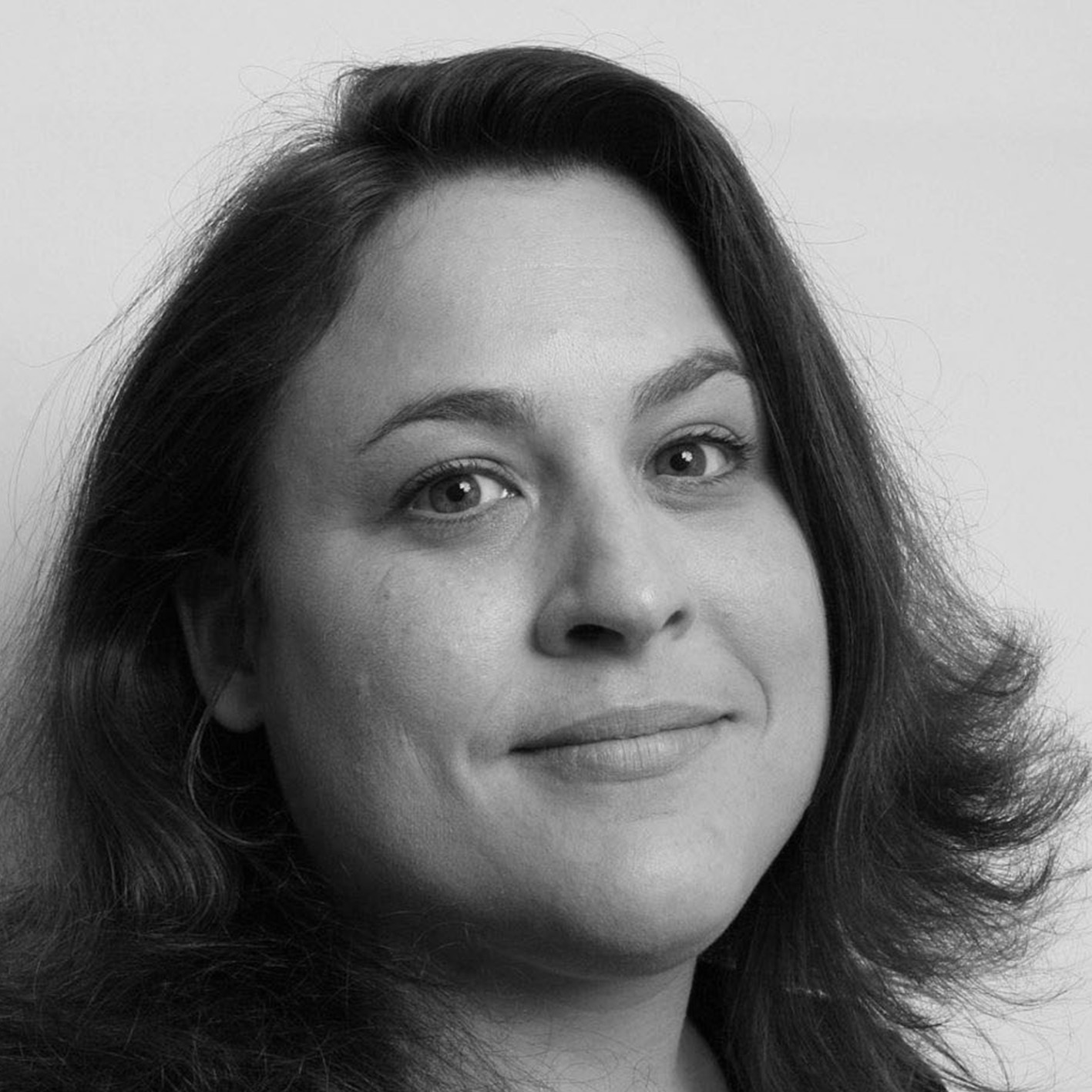This is a piece about ambivalence, and grief. At Kingston hospital in London in the summer of 1997, I was 23. The foetus, which I call a baby (and you cannot stop me calling it that) was 12 weeks old. I was a using alcoholic and drug addict, I did not know who its father was, and I felt – I had been told – that I had no choice but to lie on the gurney under a bright green blanket with my terror and submit to having it – but I know it was him, you cannot stop me calling it him – removed from me.
This was freedom, agency, a future. This was benevolence for a member of the luckiest generation of women in the history of the world.
All true, of course, but it was not what I wanted. I wanted him. I found out I was pregnant at five weeks, in a casualty department, being treated for an overdose. I was lucky there too: some girls, much younger than I was, are six months along before they understand what they face. It was the spring of my final year at university. I was told to have it, always it, removed immediately for my health and his, because I was an alcoholic. It would be nothing, I was told, which was a lie – but I didn’t do it right away.
I felt – and I had been told – that I had no choice but to lie on the gurney under a bright green blanket with my terror and submit
I felt – and I had been told – that I had no choice but to lie on the gurney under a bright green blanket with my terror and submit
I used my final exams as an excuse to wait, and I hoped and prayed for something to rescue us. Nothing did.
When I finally understood this, I knew I had to have him removed as soon as possible, because I did not want to hurt him more than I already had. I was grateful that the British state also offered him that protection and would not accept my removing him after 24 weeks without good cause.
He was always, to me, a person with rights, to whom I had an obligation. I wanted that obligation but then, I wanted him. Grief was the very least that I owed him, and I paid that debt. Afterwards, I collapsed until after the millennium.
Abortion without limits, then: we effectively have that in England and Wales now, after amendments to the Abortion Act passed last week with overwhelming support from the Labour party.
No woman can be prosecuted for ending a pregnancy after 24 weeks, the limit until now, after which 0.1% of abortions (still a few hundred a year) are carried out. It is less a response to the nation’s will – the vast majority do not want abortion without limit – than to the Christian right in America, who pray outside abortion clinics and dream of women giving birth to dead babies.
Gilead is never far away, it is true. Though I doubt that in the event that healthy 35-week-old foetuses are removed by healthy mothers – and it will happen – a totalitarian erosion of women’s rights will be staved off.
There will be a backlash against this change to the law, because we are fighting on our enemies’ turf. There was power in our unhappy consensus on abortion, and that has gone. I have always been pro-choice, and having a second child, at 40 and in terrible medical circumstances, only made me more so. You cannot force women to have babies they do not want; when access to abortion is restricted, women die. But allow me ambivalence, and grief.
Newsletters
Choose the newsletters you want to receive
View more
For information about how The Observer protects your data, read our Privacy Policy
Abortion without limits is not a simple good. It can mean abortion for sex, for minor disabilities, late abortion by healthy mothers of healthy babies. But when I think of the anti-abortion lobby, I think of Savita Halappanavar, dead in an Irish hospital in 2012 of a miscarriage medics refused to treat. I also think of an unnamed 14-year-old raped girl in Paraguay, dying in childbirth in 2018. She matters, of course she does. But so does the son I lost.
People will say I have internalised shame. Maybe so, but I think I have also internalised love. What I wanted in 1997 – what I really wanted – was to have him adopted, but that option was never offered to me, and I suspect that, had I carried him to term, he would have been born dead anyway.
Abortion can be presented as a simple solution to a straightforward problem. Well, it wasn’t straightforward for me. I wanted him.
It feels, to me, like a trade-off. Without agency in so many ways, women are given this power, because no one else wants it: the ability to fantasise that our children are not as human as we are until we make them so. I say: pass the amendment, but at least have the integrity to do it with regret.
After the failure of her amendment to ensure that late-term abortions outside the Abortion Act do not result in custodial sentences for anyone – including medical professionals – Stella Creasy MP wrote: “As we face what comes next, regret has no place in our toolbox for securing progressive outcomes.”
What a sentence. Freedom is freedom, but you don’t have to like it.
Photograph by Alishia Abodunde/Getty Images



